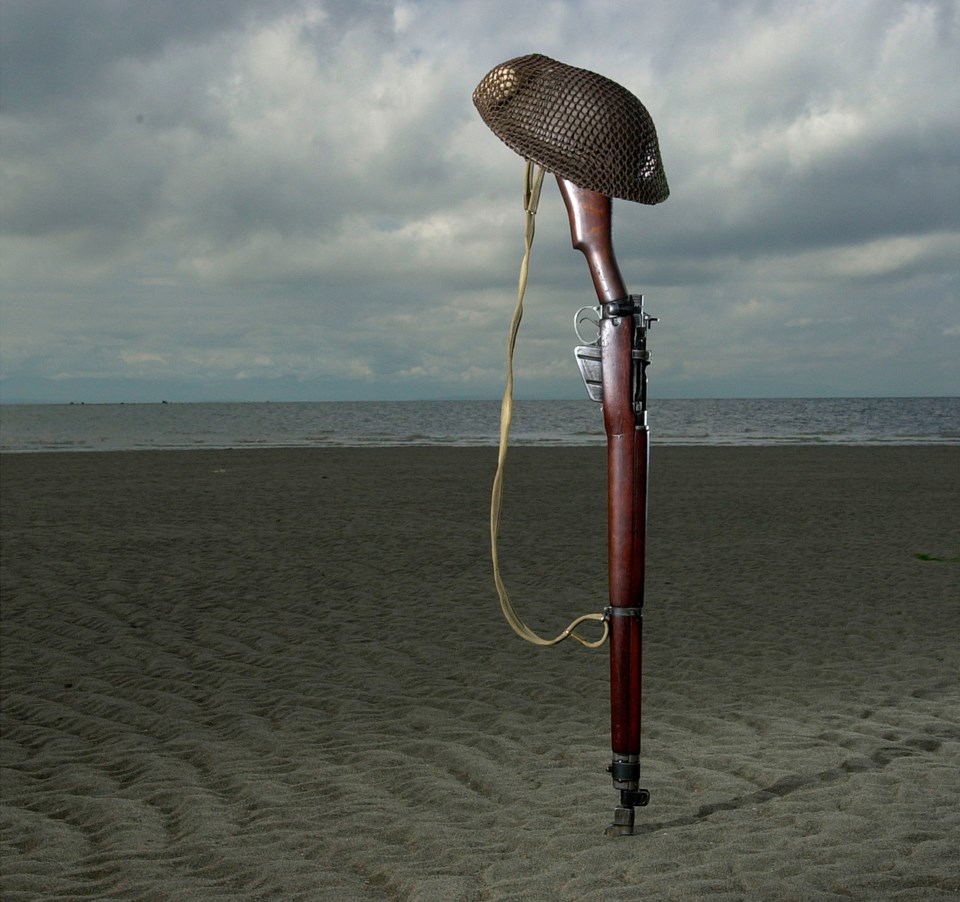Editor:
The 75th anniversary of the D-Day Normandy invasion is this week.
There is a tendency for people today to regard the invasion as more or less an automatic success.
This is incorrect. Even though the allies were winning the war in 1944, the German army was much feared and for good reason. It was the best-equipped and led army in the world and succeeded in many battles even against heavy numerical odds.
The allies had to get ashore in force before the German’s were able to react effectively. The Canadian landing went well and by the afternoon, the Canadian forces were moving inland when a crisis occurred.
The German 21st Panzer Division counter-attacked and got to within half a mile of the beach before being stopped. If they had succeeded, the Canadians would have been separated from the adjoining British beach and things might have turned out differently.
An indication of how desperate the allies were is that they sent Lancaster night bombers in daylight that afternoon to try to stop the German counter attack. My father was a navigator on a Lancaster in the RAF 106 Squadron and according to his log book he flew two missions on June 6, 1944.
The first was in the very early morning bombing Ponte du Hoc which overlooks Omaha beach and the second in the afternoon with the target listed as Caen.
However, he told me they were ordered to drop their bombs as soon as they were sure they were inland of the allied troops, I assume in the expectation that they would hit something, as they knew the German’s were down there somewhere. Also, he told me that as soon as they returned from the first mission they were told to stand by to fly again which was extraordinary as usually the bombers only flew once every two or three days.
They are nearly all gone now, the men who fought in Normandy, but we must never forget the debt we owe them.
If the allies had been thrown back into the sea, the war would likely have ended differently with a compromise peace or a total Soviet victory and either way the world would be a very different and much less attractive place.
My father died in 2006 at age 87 believing he had been living on borrowed time since 1944, as nearly all of his squadron mates were killed in action.
Garth Evans, Burnaby



